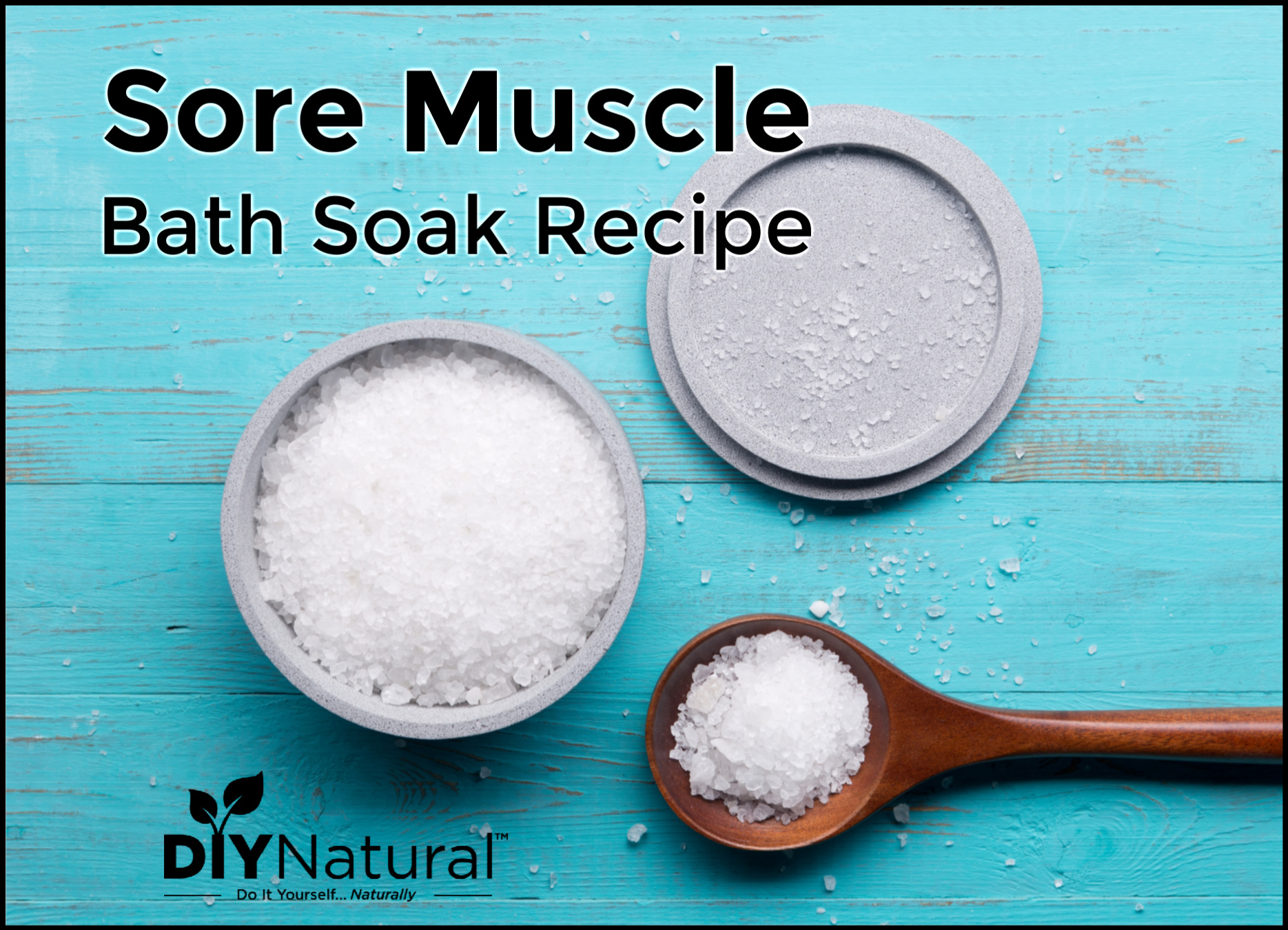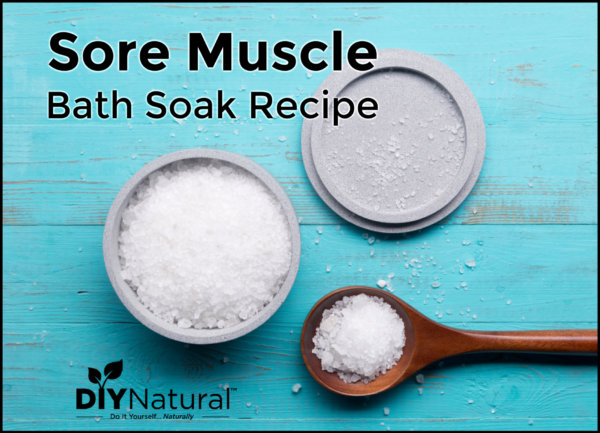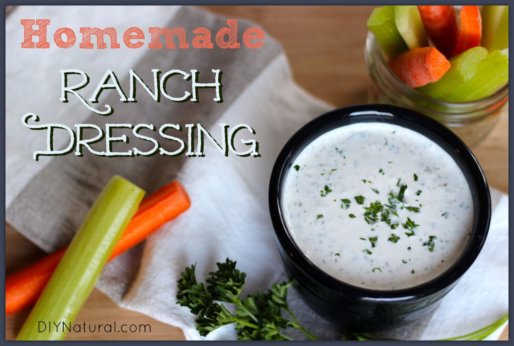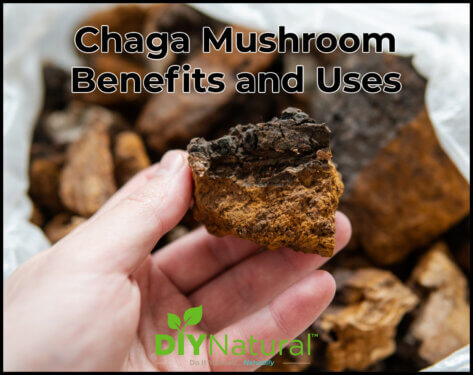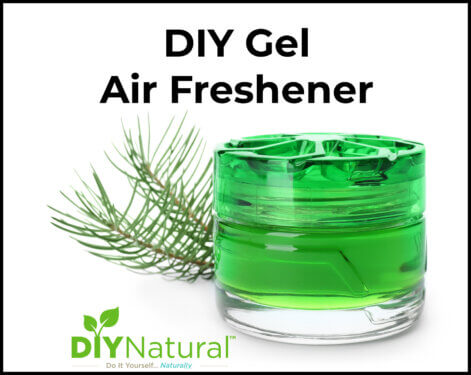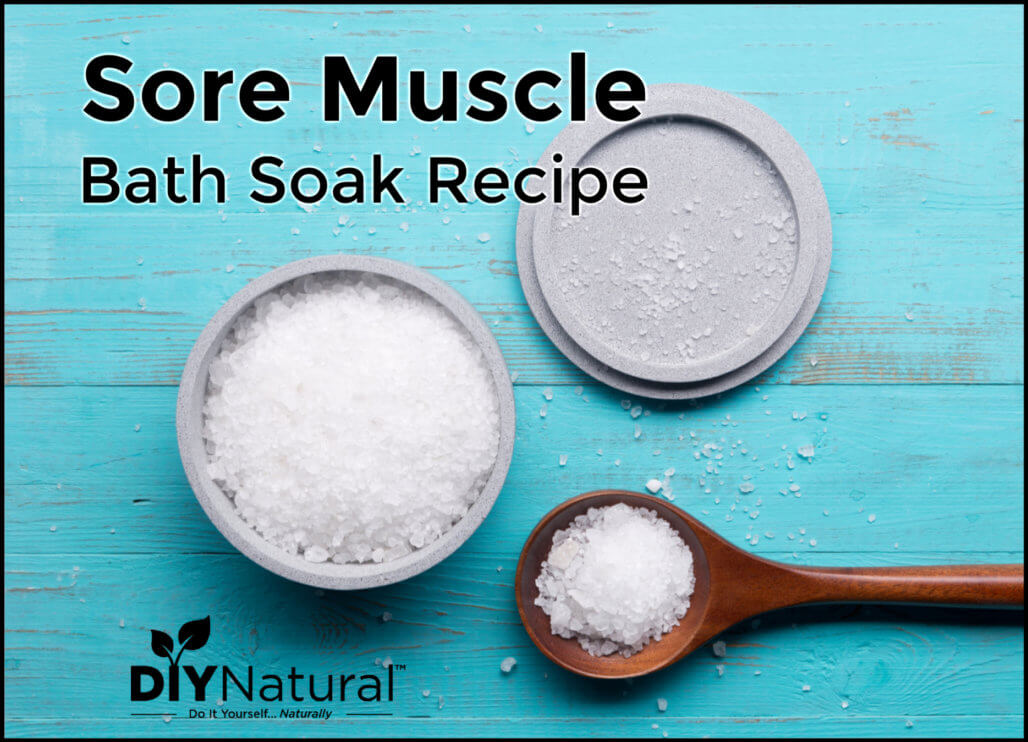
The older I get, the sorer I get! Whether it’s from exercise, inflammation, or stress, I find myself taking a bath for sore muscles more and more. And it really helps alleviate aches and pains!
Homemade Bath Soaks
I’ve made a lot of bath soaks over the years – from Candy Cane Bath Salts to this Homemade Oatmeal Lavender Bath Soak for Dry Skin and even this Soothing Rose & Oatmeal version. It is a wonderful way to relax and unwind. I also love to make bath fizz versions of my favorite bath soaks, like this Candy Cane Bath Fizz recipe.
Lately, I’ve been working hard on some fitness goals of mine. With the increase in exercise, I have extra soreness, especially when I start a new exercise routine. Cue the sore muscle soak!
Bath for Sore Muscles
I’ve used a variety of essential oils and other ingredients in my bath for sore muscles soak, but this version is my absolute favorite. It eliminates extra fluid, soothes muscles, and is invigorating and uplifting.
The base of this bath soak is simple: Dead Sea salts. These salts contain 21 minerals, including magnesium and potassium, and have been shown to help improve skin appearance and decrease inflammation at the skin level (see this 2017 study).
Additionally, Dead Sea salt dissolves easily in the bathtub and always leaves my skin soft and smooth.
Essential Oils In The Bath
In this bath soak, I also include some of my favorite essential oils for sore muscles: juniper berry and cypress.
Juniper berry essential oil is wonderful for inflammation and joint pain. I use it often for these reasons. Juniper berry essential oil also helps stimulate circulation and release excess fluid.
Cypress has been traditionally used by many cultures to treat pain and inflammation. Cypress essential oil is a favorite of mine for inflammation because I love its balsamic aroma and warming qualities.
I also added lemon essential oil to this blend because I love the uplifting aroma and it’s pain relieving abilities. Lemon essential oil has also been used to relieve inflammation.
It’s important to note that essential oils will never mix with bath salts (or baking soda for that matter). See this great resource from the Tisserand Institute on bath safety.
To dilute the essential oils in this bath for sore muscles recipe I use liquid castile soap. You can use any liquid soap (or shampoo or shower gel) that you happen to have in your bathroom. I prefer an unscented soap base for these purposes.
I generally use this bath for sore muscles soak in the morning because I find it to be uplifting and energizing. Plus, my muscles are always sore the morning after I start a new exercise routine. A bath soak helps me get up and moving much easier.
This DIY sore muscle soak recipe is easy to make and will have you feeling your best in no time!
Bath for Sore Muscles Recipe
Ingredients
- ¼ cup Dead Sea salt (find it here)
- 1 tablespoon unscented liquid Castile soap (find it here)
- 2 drops juniper berry (Juniperus communis) essential oil (find pure juniper berry EO here)
- 3 drops cypress (Cupressus sempervirens) essential oil (find pure cypress EO here)
- 3 drops lemon (Citrus limon) essential oil (find pure lemon EO here)
Instructions
- Thoroughly mix essential oils and unscented Castile soap in a small bowl.
- Measure in Dead Sea salt and mix well.
- Add to a full bathtub of warm water.
- Soak for 20 minutes.
Notes
This recipe can be customized to fit your needs. However, I find this combination of essential oils to be particularly effective when I take a bath for sore muscles. Plus, this blend of essential oils smells amazing together!
Some sources do say to avoid juniper and cypress during pregnancy, but there is no definitive research on either of these claims. We encourage you to do your own research and use what you feel is best.
Have you ever tried a bath for sore muscles? What works for you?
*******
